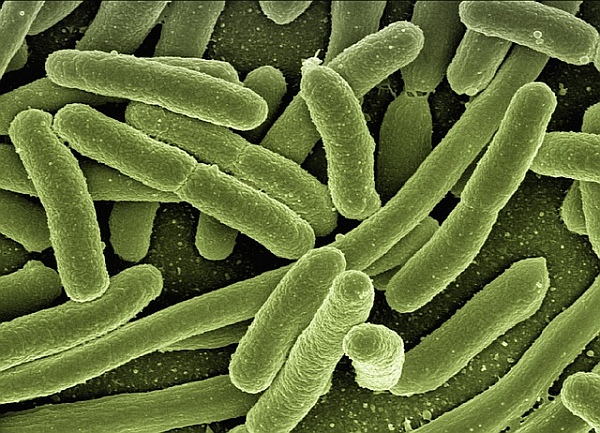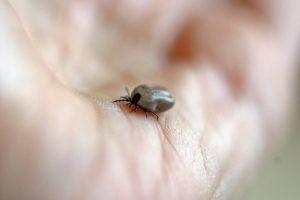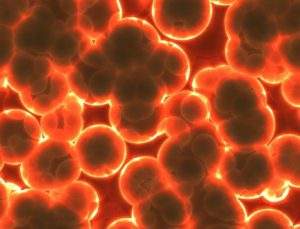
Escherichia Coli is found in the intestines of humans and other warm-blooded animals. Some types of Escherichia Coli are good for health, but others cause serious health problems. Some of the beneficial strains help in the production of vitamin B6 and K. However some give rise to problems such as:
Urinary tract infection
When Escherichia Coli enters the urinary tract system, it can give rise to a urinary tract infection. Based on a report article in the journal Emerging Infectious Diseases, Escherichia Coli is responsible for more than 85% of cases of urinary tract infections.
Respiratory tract infections
If Escherichia Coli gets to the lungs, it can cause respiratory infections including pneumonia.
Foodborne illnesses
A certain strain of Escherichia Coli known as the Shiga toxin-producing E.coli (STEC) is known to cause foodborne illnesses. Cattle are reservoirs for Escherichia Coli and people get infected by eating food that has been contaminated with an infected cow’s feces.
Anyone can get infected by STEC, but young children are more likely to develop severe infections. Some symptoms of the STEC-related infection include
- Severe stomach cramps accompanied by diarrhea. In some cases diarrhea may be bloody
- Fever
- Vomiting
Sometimes the symptoms are mild, while in other cases one might develop a life-threatening condition. Hemolytic uremic syndrome (HUS) is a life-threatening condition associated with Escherichia Coli. Persons with HUS show symptoms like decreased frequency of urination, dark colored urine facial pallor, and tiredness. Such victims should be hospitalized as there is a high risk that their kidneys can stop working.
Major sources of Escherichia Coli include:
- Contaminated food such as unpasteurized milk, undercooked beef, raw fruits, and vegetable. High-risk foods should be avoided as they can cause serious infections. Ensure that your food is safely prepared to eliminate any disease-causing microorganisms. Check the recommended temperature and cooking time if you are preparing your meals.
- Drinking unsafe water that is contaminated, untreated or even swimming in contaminated water.
- Touching food with unclean hands. After coming into contact with cattle, sheep and goats and their dropping, it is advisable to wash your hands before touching anything. Not washing your hands is a health risk factor not only to you but to everyone that you come into contact with.
- Feces of an infected person. After changing the baby’s or adult’s diaper, you should wash your hands with soap and water. Proper disposal is also essential to prevent infections.
Sources:
http://www.everydayhealth.com/e-coli/guide/
https://www.cdc.gov/ecoli/index.html
http://www.foodsafety.gov/poisoning/causes/bacteriaviruses/ecoli/
Authors Bio:
Maggie Martin is completing her PhD in Cell Biology, works as a lab tech for Mybiosource.com and administered ELISA kits in the diagnosis and treatment of various diseases. She contributes content on Biotech, Life Sciences, and Viral Outbreaks. Follow on Twitter @MaggieBiosource



Leave a Reply